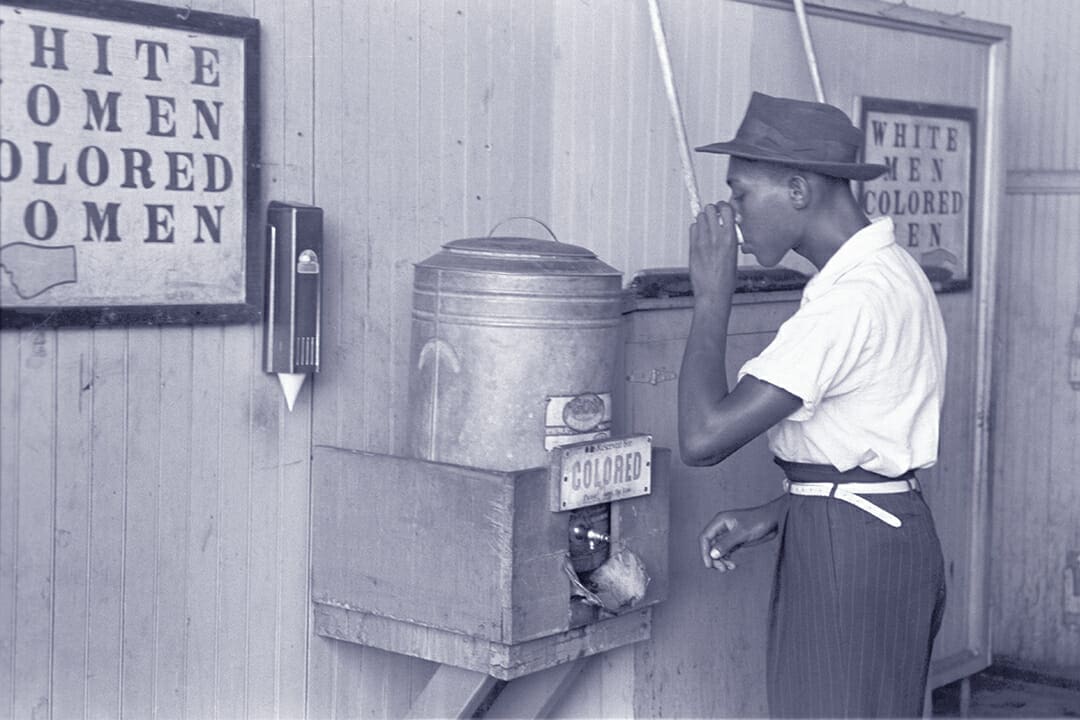
If you’re reading this, there’s a decent chance that you have a cognitively challenging task you’ve vowed to complete one day — whether it’s writing a novel or just finishing a crossword puzzle. Some of you might be halfway through completing it, but just can’t find the stamina to get it finished — so daily interruptions like errands almost become welcome — and sitting down to gather your thoughts becomes more difficult with each try.
Deciding how to continue working on that project you have can be frustrating — but coming back to it, after a shopping run or going out with a friend, is even harder. Keeping focus once you’ve started — is a whole other challenge.
Those people you might think of as prolific — who write book after book, who accomplish their own songwriting or learn instrument after instrument with ease, do so because they possess an aspect that neuroscientists call cognitive control: the ability to link your plans and goals to decisive action. It’s why you don’t always get that to-do list finished, but it’s also the key to how you can check those items off.
Dr. David Badre, a neuroscientist at Brown University, has made it the focus of his latest book “On Task: How Our Brain Gets Things Done.” Why staying focused on tasks is difficult — even the ones we enjoy doing — and how we can turn tasks into proud accomplishments. Badre emphasizes four big strategies.
Make The Time
Let’s say that you’re faced with writing a proposal on tackling a complex problem, in a situation that requires you to assess a considerable amount of data and personal knowledge, and to weigh a number of options. Neuroscience would call this sizable array a “task set.”
The more difficult the challenge, the less likely it’s something you can take care of with your working memory alone. Your foremost option is to set yourself an itinerary for working on it — where you’re the least likely to deal with distractions or interruptions from the outside world. Mentally, there’s also a switching cost. Every time you switch to doing something else, even if it just means looking up a new term on your laptop browser, you will be switching yourself off, and then need to reset your brain when you switch back to the task at hand.
The more times you switch back and forth between browser windows, the harder it is to go back to the task — and why you can find yourself losing long periods just serving the web or checking Facebook. The more free time and the more efficient you are at minimizing distractions, so much the better.
If you can’t always finish your task in one day, try to maintain the same environment for when you come back to your task. Our abilities to retrieve memory are dependent on context. Keeping the working environment consistent is a good way to help you adjust to working mode when you go back to your task the next day.
Decide How Much Time You Need
Sometimes when preparing to take on a monumental task, people break things down step by step to mentally prepare — a process known as sharpening the saw — where they break the process down into gathering their tools, collecting information, and then ultimately putting together their workstation can get them settled into the task at hand and feel more comfortable about where they are.
If this sounds like you, you’ve already got a leg up on the game and should keep going. There’s a good chance however, that this isn’t the way you work — and your preparation actually steers you away from the goal at hand, by seeming like its own accomplishment. Doing this can also reduce the mental energy you need to focus on the larger goal.
While sharpening the saw is still very much important, you should do it ahead of time — the safest bet being the morning or night before you get to work. Make a list of plans and take some notes — then gather any books or items you will need. Prepare to sit down and engage with all your attention on just getting the task finished and it’ll be that much easier. A mind engaged in problem solving tends to keep plugging away, particularly when the other distractions are taken care of.
Avoid Multitasking At All Costs
You might think you’re a born multitasker, but the vast body of research suggests otherwise. At best, turning the TV on to stream some shows while you work on your proposal and answer emails, will result in many things done poorly — you’ll miss or forget a crucial part of your show, maybe lose an email, and forget to fully spell check your PowerPoint slides or a mailer that goes out to 50 of your co-workers. At worst, research suggests that multitasking is actually cognitively destructive — and can ruin our focus abilities for the long term.
Before you get to work, consider instead that your working memory has a budget like most other things. You’ve only got so much of it to spend on a particular task no matter how hard or aggressively you work. Distractions can be expensive, and easily derail your progress as you go. Wherever your workspace may be — tune them out where possible. Leave your phone in another room, shut off your computer’s notifications and social media — and don’t check your email. Keep disturbances to an absolute minimum.
Find A Process That Works For You
Think about how you work. I’ve known people who take on their most important task early in the morning, since it helps them prepare for the rest of the day. You might be the type of person who comes up with problem solutions when taking a walk. Perhaps you find your creative energy when putting pen to paper, rather than using a computer or tablet. If you don’t find yourself at your most efficient early in the morning, don’t have any guilt about it — you might just be the type of person who works better late at night when everyone else is asleep and the distractions by phone or email aren’t as imminent.
Whichever of these descriptions fit you, it’s important that you identify a routine, or process, that brings out your most productive self. When you’ve accomplished a major task, don’t just analyze what it is about the project that did or didn’t work, look at the process and conditions you worked under as well and make a note of it — and you’ll be able to find something that works for you.
The key to achieving your goals, as Badre’s research shows, isn’t just having the skills to execute the task at hand, but also the skills to help you optimize your focus along with your abilities to stay on task and your working memory. Lock in all three, and there’s few limits to what you can accomplish.








